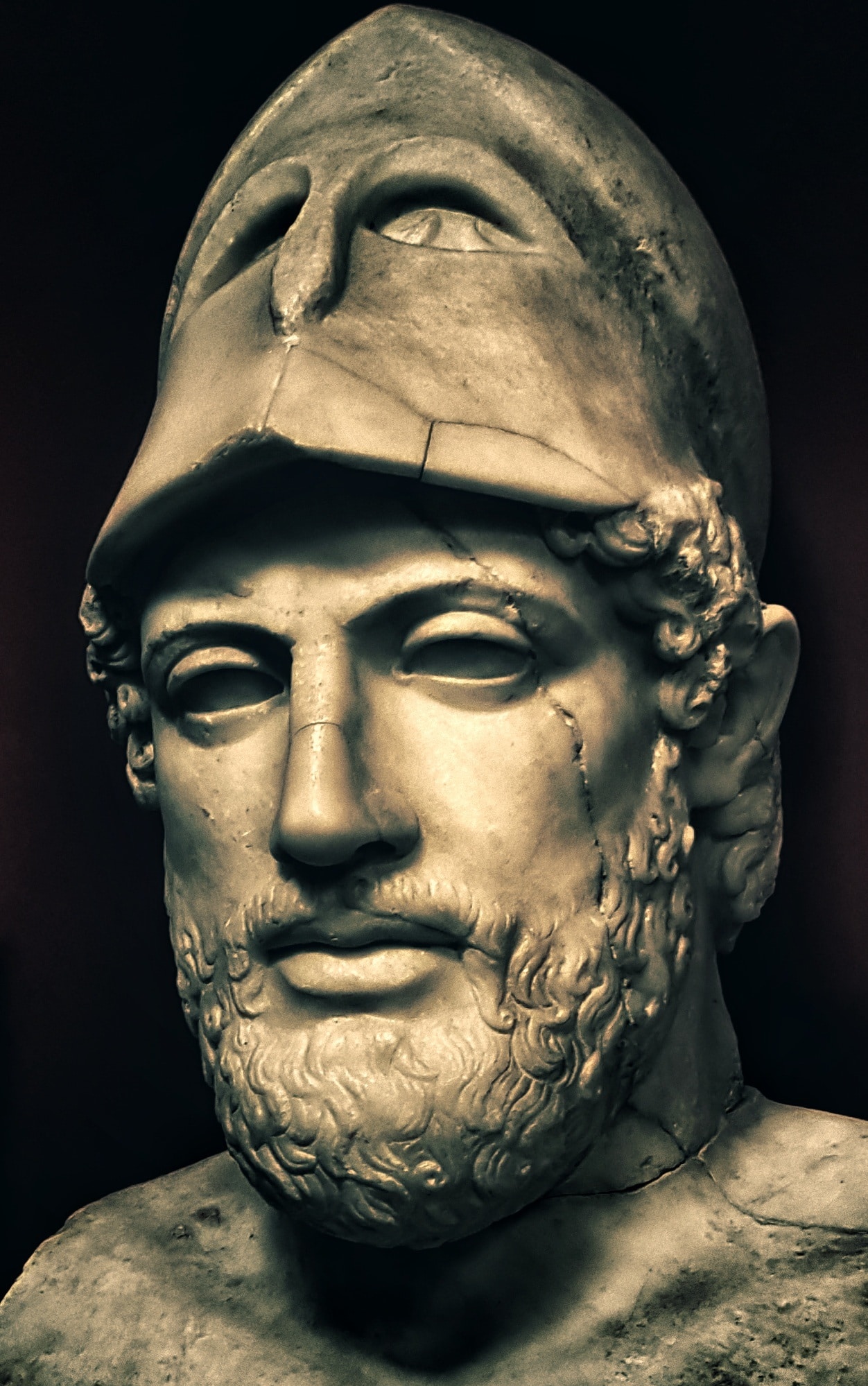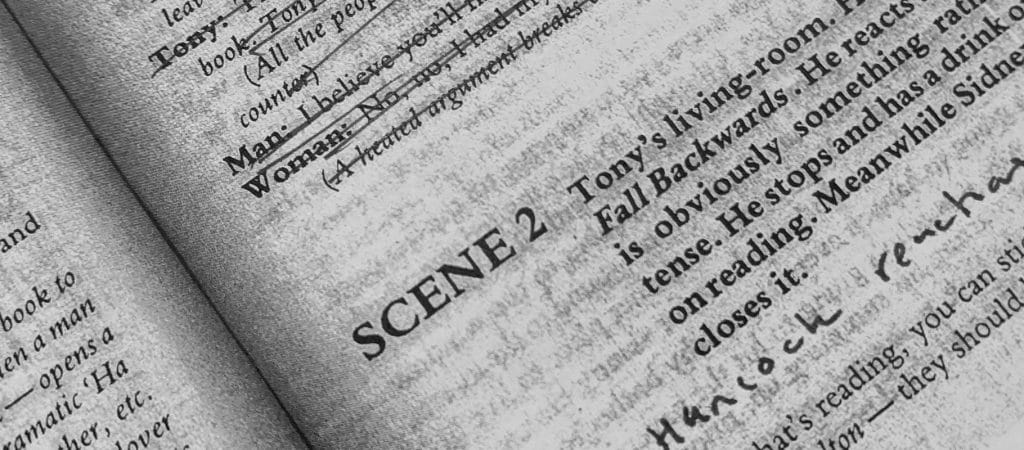I arrived in Faulkner’s with some knowledge of Latin as I had studied a little prior to Bradfield, so I entered the classroom for my first Classics lesson and introduced myself to my classmates. On the board behind Mr Armstrong, my then teacher, was an image of a V.S.O.P. bottle. Contemplating what this had to do with the Latin tables I had learnt, my initial confusion was eased when Mr Armstrong recommended we use the acronym as a way of approaching a Latin sentence; Verb, Subject, Object, Placement.
With no brandy drunk, Bradfield brought Classics to life, opening my eyes to the fact that the world of Classical Languages was far broader than I had imagined and encouraging me to relate the ancient to the modern.
Choosing to study Latin was rooted in my enjoyment of the puzzle of translating, not because I felt any particular affinity to the Roman and Greek worlds. My experience as a pupil here completely changed the way I approached the subject and I left seeing the value in exploring the literature, history, art, theatre and archaeology of the Greeks and Romans further.
The ancient world was placed at the forefront of lessons bleeding into tasks like translating. Setting Ovid’s increasingly downbeat poetry in the context of his exile from Rome and analysing the scandalous and incestuous emperors and empresses through family trees truly enhanced the learning.
CLASSICAL STUDIES REALLY CAN HELP ONE UNDERSTAND THE SIGNIFICANCE OF EVENTS.
Led by the very same Mr Armstrong who taught me, the Classics Department today aims to maintain a similarly holistic focus. Comparing Classical texts to the modern world keeps lessons relevant and exciting and provides opportunities to discuss current issues from a different perspective.
Take the rhetorical devices used in Barack Obama’s inauguration speech in 2008, for instance, and think how he stood on the shoulders of Cicero and Pericles; compare Lysias’ speech defending a man who murdered his wife’s adulterous lover with modern day suspense dramas; consider whether Aeneas, the mythical hero of Virgil’s Aeneid, who left the ruins of Troy to found the city of Rome, could be considered a hero by modern standards. Classical Studies really can help us understand the significance of events both historical and modern.






